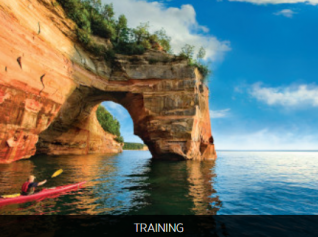Harvard offers sustainable tourism course

Managing tourism in an era of overtourism
The concept of Overtourism has driven a global debate on the impacts of tourism in top destinations worldwide. Says Megan Eplerwood
Innovations in master planning systems are required to ensure local people can interact effectively with governments and the industry decision-makers they frequently serve.
In future, local citizens and destination planners can gather vital data to manage key natural and cultural resources; review options for sustainable, efficient infrastructure; and design productive common grounds which prevent overburdening local assets and foster productive exchange between visitors and locals.
Harvard Extension School is launching a new course on Regional Planning, Sustainable Tourism and Geodesign to help professionals and students to develop skills to manage tourism in the era of overtourism challenges.
This course introduces the basic principles of tourism master planning, enabling students to learn how communities, governments, business, and civil society can take a more inclusive and sustainable approach to planning tourism destinations worldwide.
Students learn to present quantitative and qualitative economic, sociocultural, and environmental data, to determine the best management of vital natural and social resources, and to build scenarios that include the impacts of climate change, including approaches to mitigation and adaptation, over the next 20-30 years.
Each student generates scenarios and learns how to manage these scenarios through new approaches to governance.
This class is 100% on line.
For more information on registration requirements consult information consult https://www.extension.harvard.edu/course-registration
 United Kingdom
United Kingdom United States
United States Asia Pacific
Asia Pacific













































Dozens fall ill in P&O Cruises ship outbreak
Woman dies after getting ‘entangled’ in baggage carousel
Turkish Airlines flight in emergency landing after pilot dies
Boy falls to death on cruise ship
Protestors now targeting Amsterdam cruise calls